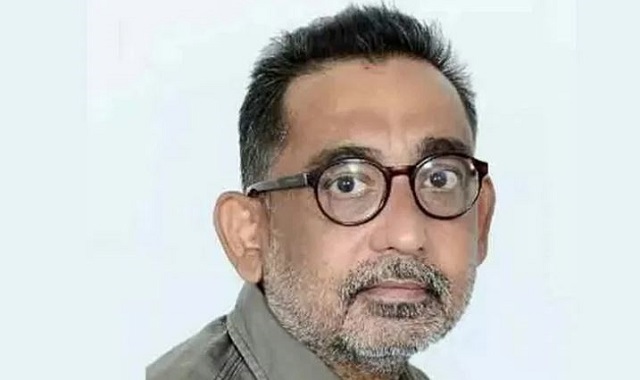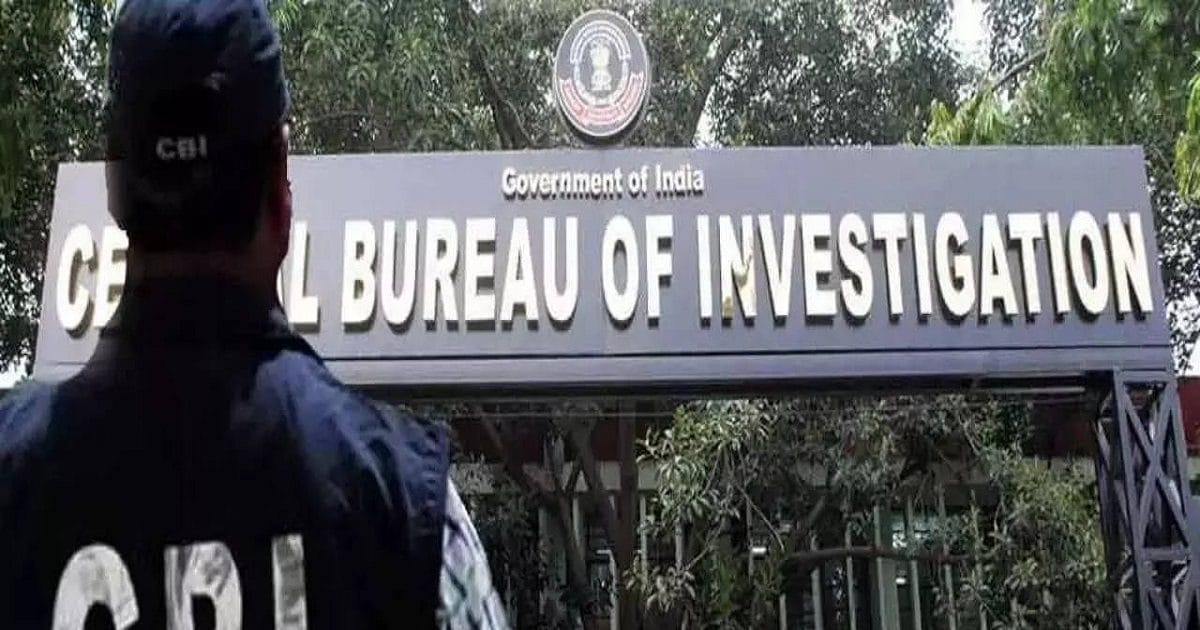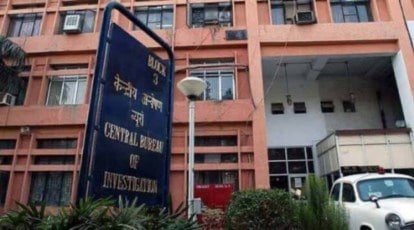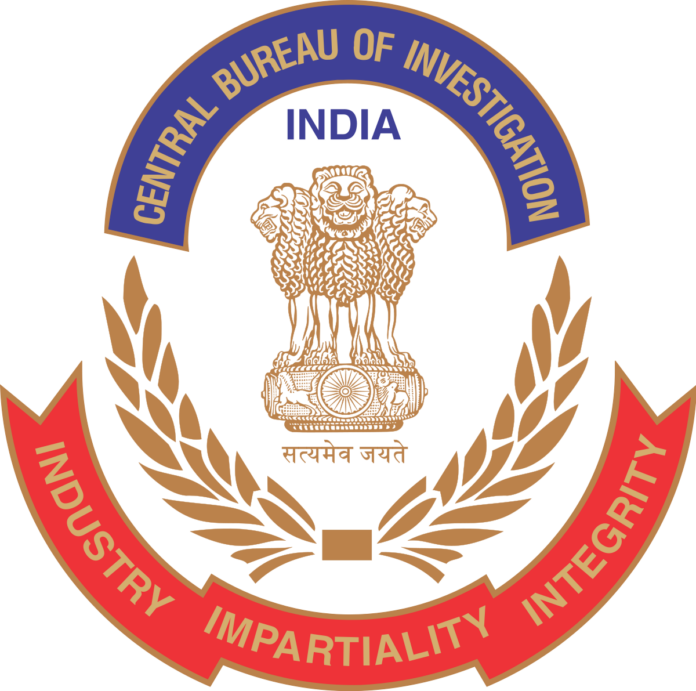The Central Bureau of Investigation (CBI) has made significant headway in an espionage case by apprehending journalist Vivek Raghuvanshi and former navy commander Ashish Pathak. The arrests come as a result of investigations into the alleged leak of highly sensitive military information, including classified details pertaining to Defence Research and Development Organisation (DRDO) projects and upcoming procurements by the armed forces. These arrests were made under the provisions of the Official Secrets Act, as the leaked information has the potential to adversely impact India’s relationships with certain countries.
Safeguarding National Security: Combating Espionage Threats
On Tuesday, the CBI conducted raids and subsequent interrogations, leading to the arrest of Raghuvanshi and Pathak. While Raghuvanshi’s involvement in the collection of sensitive information has been highlighted, the exact role of Pathak in the case has not been explicitly stated by the CBI. Authorities are actively investigating a wider conspiracy surrounding the leaks, aiming to uncover any connections and shed light on the full extent of the matter.
The CBI had initiated an inquiry into the leaks in December, marking a significant milestone in their efforts to protect national security interests. Raghuvanshi of CBI stands accused of playing a key role in gathering classified information, such as details related to DRDO projects, their progress, future military procurements, strategic preparedness, diplomatic negotiations with friendly nations, and sharing classified data with foreign intelligence agencies. His association with a US-based defense and space manufacturing news portal raises concerns about the potential international ramifications of this investigation. It is imperative to determine the extent of data or information related to defense projects that may have been compromised or shared.
The gravity of this espionage case cannot be underestimated, as it has far-reaching implications for national security and diplomatic relationships. The leaks of classified military information pose a significant threat to India’s strategic interests and must be addressed with utmost seriousness and diligence. The CBI, in collaboration with relevant agencies, is committed to unearthing the truth behind this espionage network and ensuring that all those involved face the CBI consequences of their actions.
The ramifications of this case go beyond domestic boundaries, emphasizing the need for international cooperation and vigilance. The CBI investigation aims to identify potential collaborators and the extent of their involvement, as well as any attempts to compromise sensitive defense-related information. The sensitive nature of the leaked data raises concerns about the impact it may have on India’s defense capabilities, procurement strategies, and diplomatic negotiations.
Arrests in Espionage Case: Upholding Defense Information Integrity
While the arrests of Vivek Raghuvanshi and Ashish Pathak mark a significant breakthrough, the investigation is ongoing and further revelations are anticipated. The CBI remains committed to uncovering the larger conspiracy at hand and ensuring that justice is served. National security and safeguarding classified information are of paramount importance, and concerted efforts will continue to strengthen India’s defense apparatus and protect its strategic interests.
The implications of this case extend beyond individual arrests, underscoring the need for robust measures to prevent the unauthorized disclosure of classified information. It is crucial to enhance security protocols, review existing safeguards, and foster a culture of responsible information handling across government agencies and media outlets. Only through such comprehensive efforts can the nation safeguard its vital defense-related secrets and maintain the integrity of its national security apparatus.
As the investigation progresses, it is incumbent upon all stakeholders, including law enforcement agencies, the media, and the public, to cooperate fully and responsibly. Upholding the principles of justice, transparency, and national interest should guide the proceedings, ensuring that those responsible for compromising sensitive information face appropriate legal consequences. By doing so, India can reinforce its commitment to protecting its strategic assets and preserving the sanctity of its national security.
Continued efforts to safeguard national security and combat espionage are imperative in the face of the recent developments. The arrests of Vivek Raghuvanshi and Ashish Pathak serve as a stern reminder of the ongoing challenges posed by unauthorized disclosure of sensitive information. It is crucial for authorities to thoroughly investigate the wider network involved in this espionage case to prevent any further compromise of vital defense-related data.
The significance of international cooperation in countering such threats cannot be overstated. As this investigation potentially uncovers links to foreign intelligence agencies, it is crucial for India to engage in dialogue and collaboration with relevant international partners. Sharing information, best practices, and intelligence can help strengthen defenses against espionage attempts and mitigate the risk of further leaks.
International Cooperation: Strengthening Defense Against Espionage
Moreover, this incident underscores the need for comprehensive security measures across all levels of government and media organizations. Robust protocols and stringent vetting procedures should be in place to ensure the responsible handling of classified information. Regular security audits, awareness campaigns, and training programs can further enhance the overall resilience against potential breaches.
The role of the media in this context also merits careful consideration. While the media plays a vital role in upholding freedom of the press and informing the public, it is essential to strike a balance between the right to information and the imperative to protect national security interests. Journalists should adhere to ethical standards, exercise caution, and exercise responsible reporting to avoid inadvertently compromising sensitive information.
In parallel, there is a need for public awareness and vigilance regarding the potential risks associated with espionage activities. Individuals must remain vigilant, report any suspicious activities, and support the efforts of law enforcement agencies in combatting such threats. National security is a collective responsibility, and each citizen has a role to play in safeguarding the country’s interests.
Moving forward, it is crucial for authorities to continue their investigations diligently, ensuring that all individuals involved in this espionage case are brought to justice. The prosecution of those responsible will serve as a deterrent to potential offenders and send a clear message that compromising national security will not be tolerated.
Ultimately, the detection and prevention of espionage require a multi-faceted approach that encompasses robust security measures, international collaboration, responsible journalism, and public awareness. By addressing the root causes, strengthening defenses, and upholding the rule of law, India can fortify its national security apparatus and protect its strategic interests in an increasingly interconnected world.

